- 👨🏿🚀TC Daily
- Posts
- Geo-fenced and Furious
Geo-fenced and Furious
Inside: Old Mutual Bank goes digital, eyes profitability.


Happy pre-TGIF. ☀️
It seems the YouTube Music versus Spotify debate is not cooling off anytime soon. Last week, YouTube Music launched new “Taste Match” playlists that allow friends to merge their music tastes into single playlists (yes, roll your eyes if you’re team Spotify). This week, Spotify has responded with in-app messaging that allows users to chat with anyone while streaming. From my lens, collaborative playlists seemed enough, but as one user put it, “nothing is sacred anymore.” Imagine getting a random DM from a stranger while vibing to Norah Jones and getting into your flow state.
Anyway, here’s one random quip for you (especially if you have any fanatical attachment to a certain football club that had a horrendous display yesterday): As you get into your day, remember that records get broken all the time. It’s nothing really special. The only limit to how low you sink or how high you climb is what you believe you can do.
Finish the week strong.
– Emmanuel

Mobile money
CBN wants every PoS terminal within 10 meters of registered location

If you own a Point of Sale (PoS) machine in Nigeria, you need to go out and get a tape measure.
Why? From October 2025, the Central Bank of Nigeria (CBN) will be checking if your machine exceeds the 10-meter radius it has now set for the 8 million registered terminals. in the country.
How will this work? Per the CBN’s new geofencing rule, every PoS device must be geo-tagged to an exact GPS coordinate, and every transaction will now include location data. Operators like OPay, Moniepoint, and PalmPay have only 60 days to comply. Side note: How do you geotag over 8 million devices in two months?
Why is CBN doing this? The industry consensus is that the regulator is intensifying its fight against fraud. Nigeria’s presence on the Financial Action Task Force (FATF) grey list in 2023 left a sour taste in the agency’s mouth.
Across Africa: In 2024, Kenya’s Central Bank (CBK) restricted where M-PESA agents could set up shop. However, the policy, aimed at tightening control over mobile money transactions, pushed over 8,300 agents to ditch M-PESA.
Critics say the CBN's new rule is blind to operational realities. They question how hotels that run multiple terminals, malls, and fuel stations are expected to comply with the 10-meter restriction. Some claim that 10 meters is too short a distance. On the flip side, some citizens have commended the agency for this regulation, pointing out its relevance in aiding financial security.
Whether the policy curbs fraud or simply frustrates a key payment channel remains to be seen.
eCommerce Without Borders: Get Paid Faster Worldwide
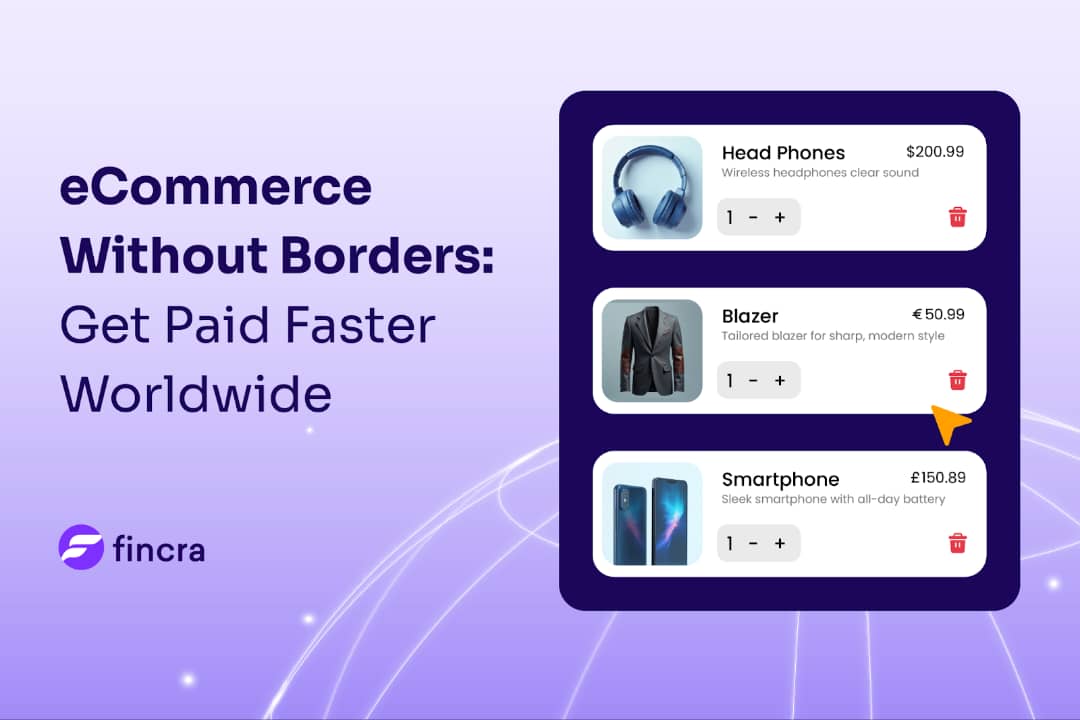
Whether you sell in Lagos or Nairobi, customers want local ways to pay. Let shoppers check out in their local currency, using cards, bank transfers, or mobile money. Set up seamless payments for your global online store with Fincra today.
Banking
UBA Kenya seeks fresh capital injection from its parent company
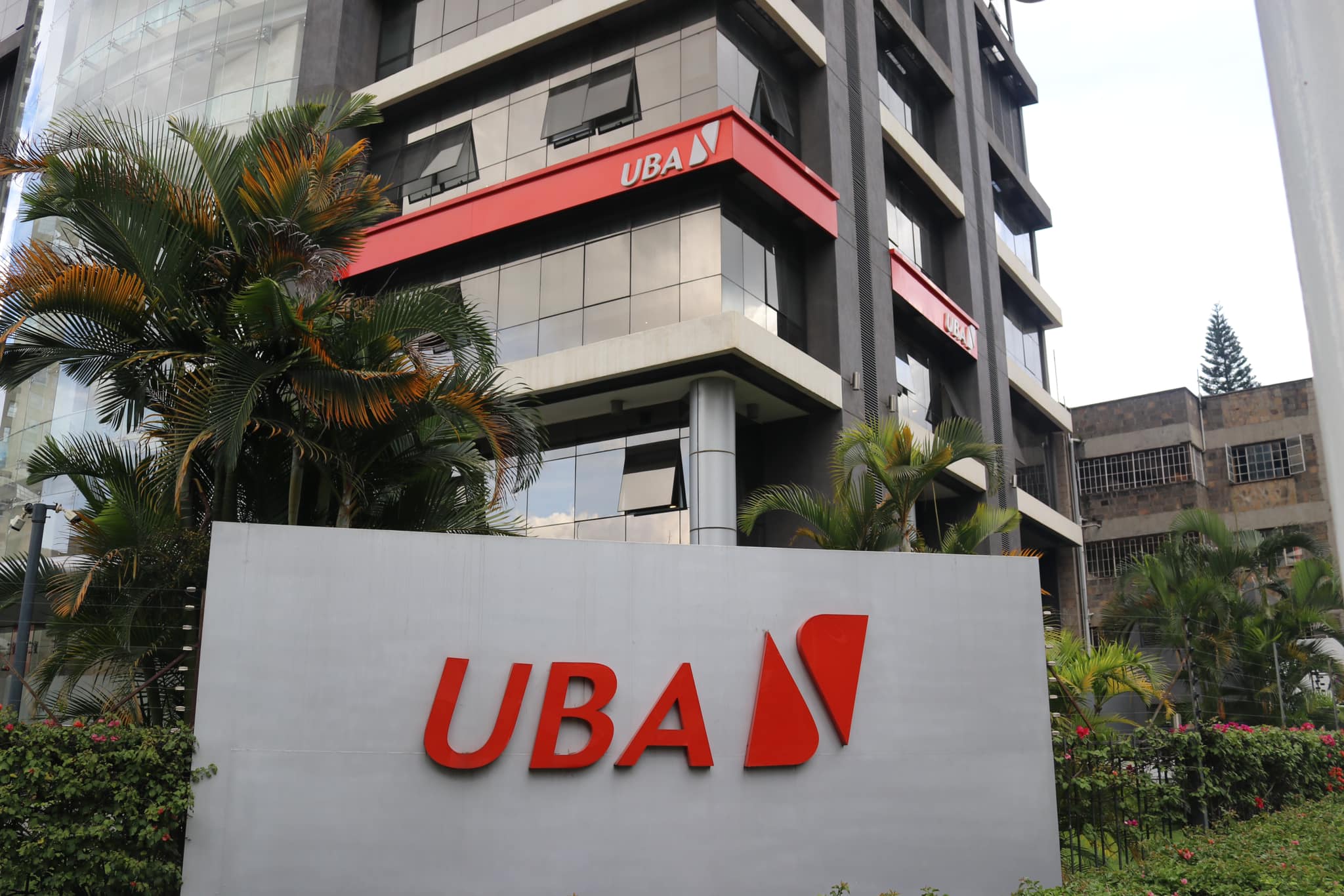
UBA Kenya Bank, the East African subsidiary of the Nigerian tier-1 lender, is seeking a fresh capital injection from its parent company to meet Kenya's recapitalisation requirement.
In H1 2025, UBA Kenya cut its losses to KES306,000 ($2,400), down from a massive KES248.5 million ($2 million) a year earlier. But even with that turnaround, the bank’s loss-making streak could still stand in the way of meeting the central bank’s tenfold capital requirement.
Catch up: In December 2024, the Central Bank of Kenya (CBK) passed a bill requiring commercial banks to raise their capital base tenfold from KES1 billion ($7.7 million) to KES10 billion ($77.4 million) by 2029. The recapitalisation will be phased, with banks expected to hit KES3 billion ($23.2 million) by December 2025 as the first milestone.
Between the lines: Banks that miss the 2029 deadline will have to sell, merge, or accept a downgraded licence. The phased milestones give the regulator room to track progress, but CBK estimates that only 14 of Kenya’s 39 banks are on track to comply.
State of play: Kenya's banking industry has become an enticing market. Foreign banks, including Nigeria's Zenith and South Africa’s FirstRand, plan to make their East African debut.
Shop anywhere with Paga's physical prepaid card

Own every checkout with Paga’s Physical Prepaid Card. Suitable for all your security and speed needs. Just fund, shop, and pay anywhere with confidence. Get yours today.
Fintech
South Africa's Old Mutual Bank launches a digital-first banking platform

Old Mutual, a South African challenger bank that secured regulatory approval to set up a bank in 2024, has launched its digital-first banking product, OM Bank, to take on Capitec in South Africa’s mass-market banking space. The rollout has begun with Money Account users and early sign-ups, invited to switch to the new app. A full product launch is expected by year's end.
Between the lines: OM Bank is pitching itself with quick sign-ups, budgeting tools, up to 10% credit card rewards, savings rates of 7.23%, and a monthly account fee of just R4.95 ($0.28). Customers can still use their Money Account until 2026, but Old Mutual is clear: OM Bank is the future.
State of play: The bigger story is competition. Capitec has long dominated the banking market with simple, low-cost products to South Africans earning between R5,000 ($283) and R80,000 ($4,523) a month.
Old Mutual is targeting the same segment, but with deeper pockets and 3.1 million existing customers. It has already spent R2.8 billion ($158 million) building the bank and expects to incur losses until at least 2028. Yet the bank says it can turn a profit by 2026, betting on a digital product in a market already familiar with digital payments.
This could be good news for retail customers. More competition usually means lower prices, bigger rewards, and banks working harder to keep customers loyal. But OM Bank still has to prove itself in a market where trust, simplicity, word of mouth, and strong security matter most, especially in South Africa’s payments space, where scams are a dime a dozen.
Here’s what happened at Paystack in 2024!
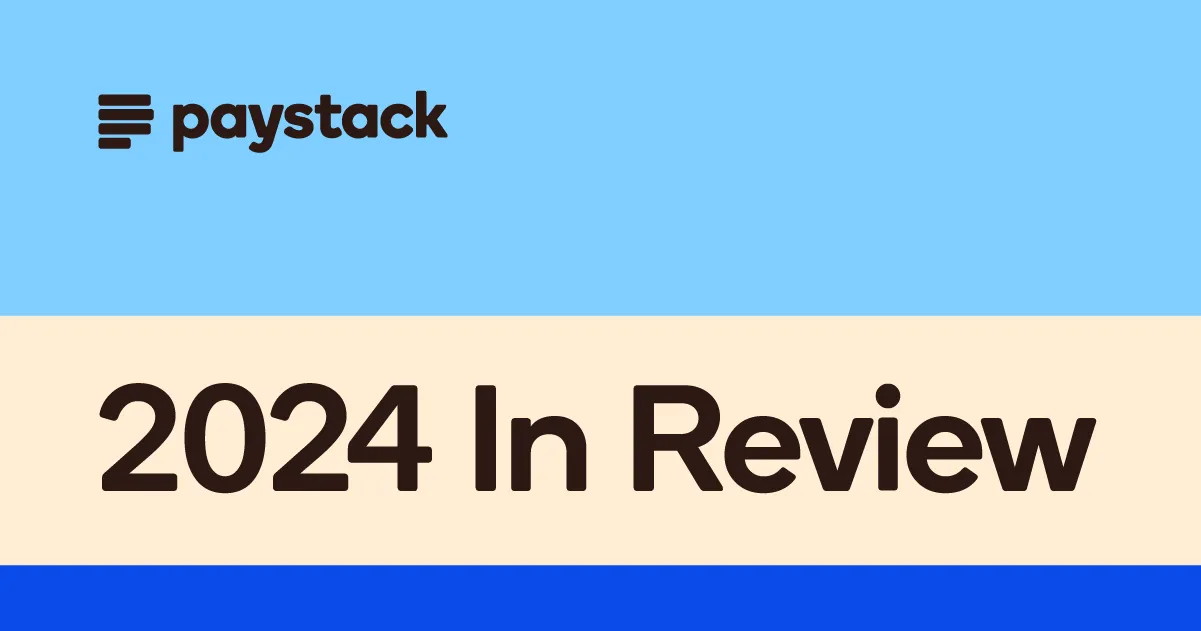
See what Paystack built last year! From major product upgrades to new ways we supported African businesses. Check out our Year in Review →
Banking
Kenya’s Central Bank rewires loan pricing with KESONIA
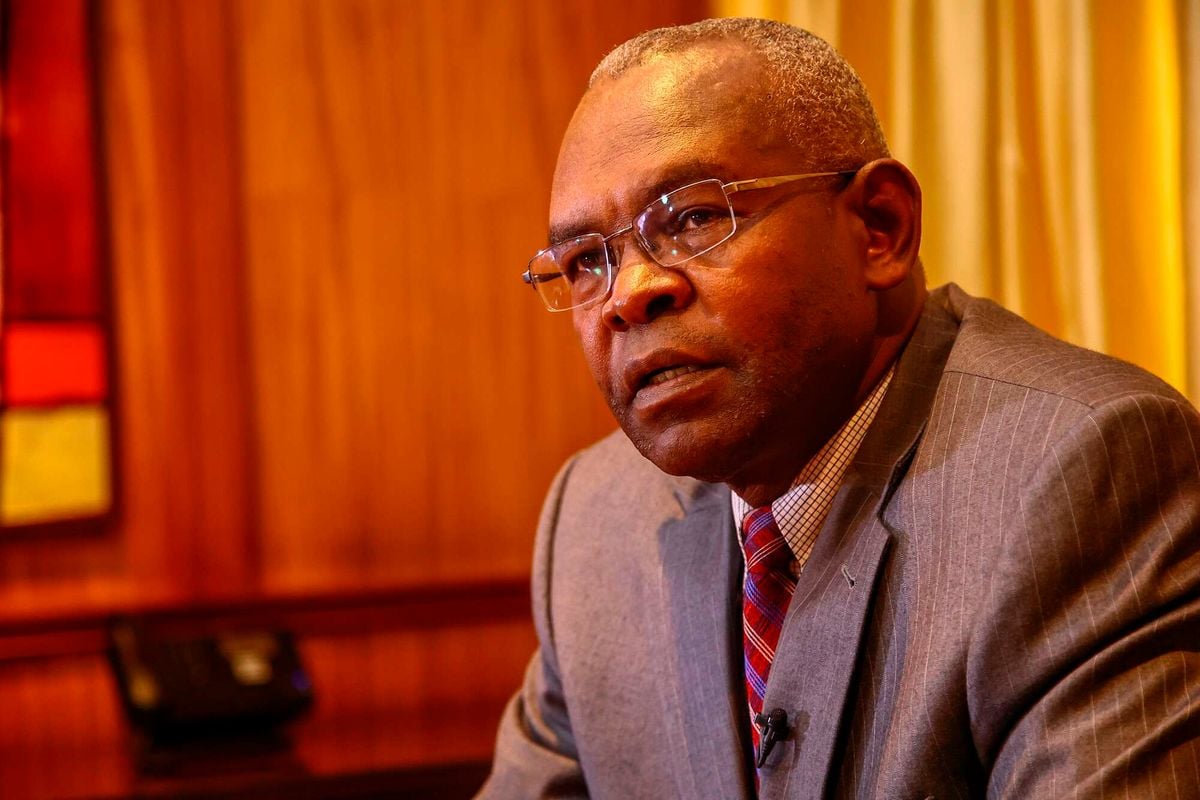
From September 1, all new loans will be priced off the Kenya Shilling Overnight Interbank Average (KESONIA).
After months of back and forth with commercial banks, the Central Bank of Kenya (CBK) has finally pushed through its new lending model. The reform comes after the bank’s frustration with commercial banks’ reluctance to lower interest rates despite successive rate cuts by CBK.
How will KESONIA work? KESONIA is a renamed version of the overnight rate that reflects transactions between banks, including the average interest rates that banks pay to borrow money from other financial institutions.
Your loan rate will then be KESONIA + ‘K.’ That ‘K’ covers the bank’s cost of funds, shareholders’ returns, and your borrowers' risk profile. Other fees like commitment charges will sit on top, but banks are now mandated to disclose how much of ‘K’ they are charging.
Why does this matter? The CBK says the move should bring more clarity to credit pricing and make monetary policy bite harder: so when rates are cut, households and businesses actually feel it.
This impact may be uneven: As a borrower’s credit profile is factored into the new pricing system, it will mean that a higher social credit will buy cheaper loans, while a lower credit will keep them pricey.
Manage bills and make instant transfers with DNIPay
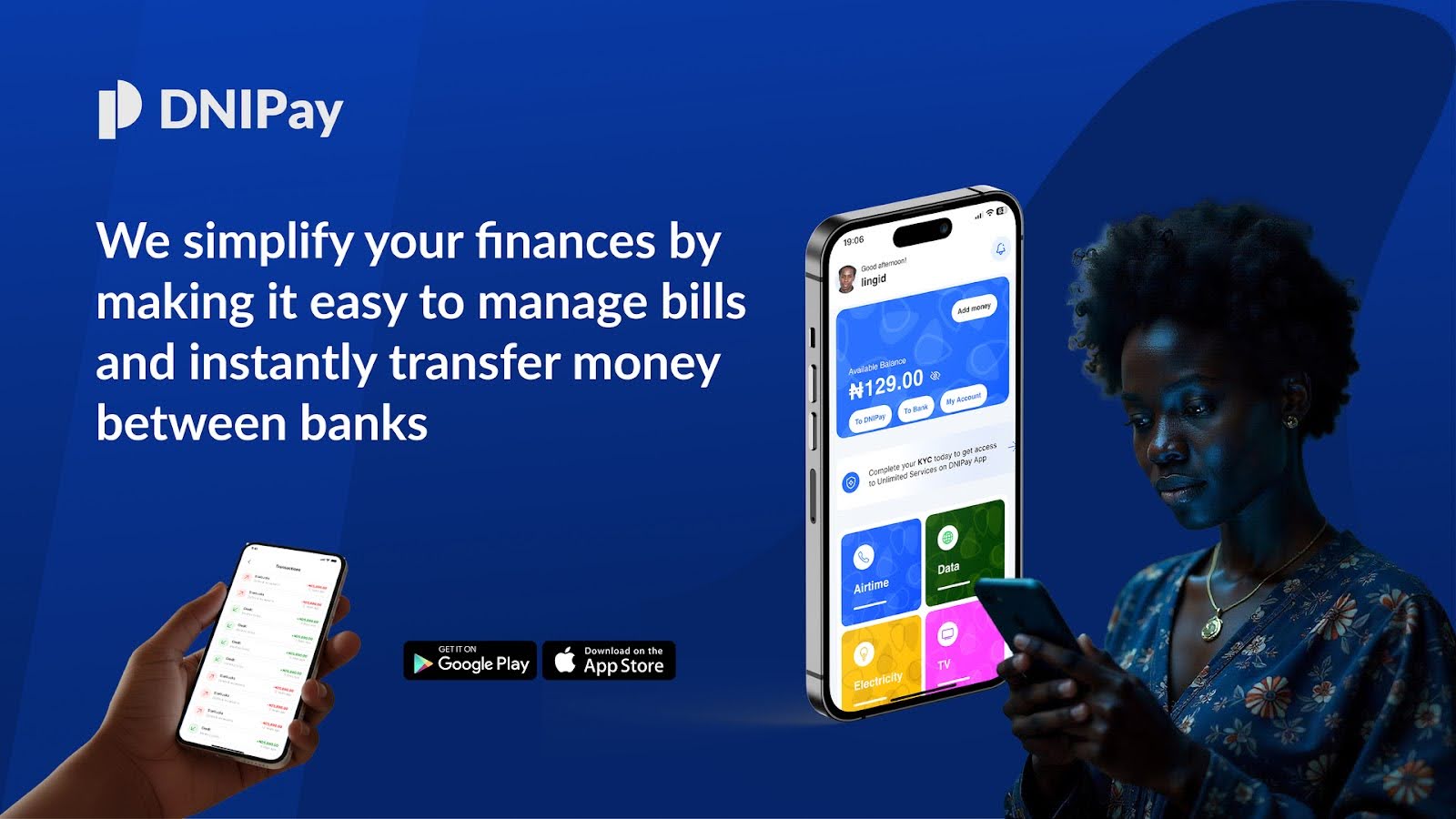
Born from Octavia Securities’ estate DNI Security App. DNI Pay is fixing Nigeria’s broken local payments. Focused on small, everyday transactions, it offers fast, reliable and secure payments positioning itself as “Zelle for Africa.” DNI Pay is available on the Apple App Store and Google Play Store.
CRYPTO TRACKER
The World Wide Web3
Source:

Coin Name | Current Value | Day | Month |
|---|---|---|---|
| $112,965 | + 1.18% | - 4.86% | |
| $4,575 | - 1.57% | + 20.50% | |
| $0.3513 | + 62.04% | + 138.17% | |
| $212.47 | + 4.26% | + 15.46% |
* Data as of 06.30 PM WAT, August 28, 2025.
Events
- This November, Lagos will host Africa’s first-ever large-scale celebration of customer loyalty—the Bvndle Rewards Festival. Happening November 14–15, 2025, the two-day event by Bvndle Loyalty Limited will welcome 5,000+ attendees and 70+ speakers for immersive brand activations, live performances, thought leadership, and customer appreciation awards—all aimed at redefining loyalty beyond transactions. Join the waitlist.
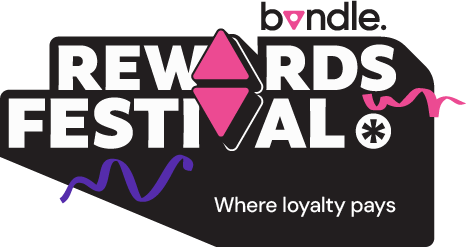

Written by: Opeyemi Kareem and Emmanuel Nwosu
Edited by: Ganiu Oloruntade
Want more of TechCabal?
Sign up for our insightful newsletters on the business and economy of tech in Africa.
- The Next Wave: futuristic analysis of the business of tech in Africa.
- TC Scoops: breaking news from TechCabal
- TNW: Francophone Africa: insider insights and analysis of Francophone's tech ecosystem
P:S If you’re often missing TC Daily in your inbox, check your Promotions folder and move any edition of TC Daily from “Promotions” to your “Main” or “Primary” folder and TC Daily will always come to you.

How did you find today's edition of #TCDaily? |


